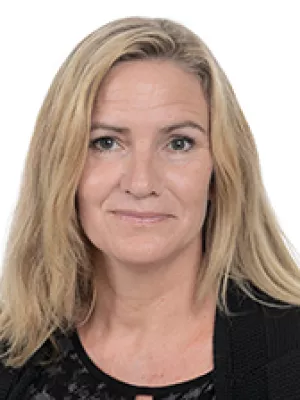The Crises Model: A Socially Useful Psychologism
Author
-
Malin Åkerström
-
Katarina Jacobsson
Summary, in English
‘The model of crisis’ is a culturally shared and widespread idea of human reactions to a number of misfortunes, such as accidents, diagnosis of disease, divorces, becoming a parent of a disabled child, etc. The crisis model conveys the idea of coming to terms with unwanted experiences while advancing through different “phases”, for example phases of “denial”, “processing”, and “acceptance”. The language of crises is integrated in a Western emotional culture, particularly present in the work of caring professionals (e.g. social workers, psychologists, counselors and health staff). Crisis talk is also frequent in the media, popular science books, and in everyday conversations when individual experiences are reported, debated, or discussed. Investigating the specific local culture of the Swedish world of the deaf to which families whose children have been diagnosed deaf belong, we aim beyond the taken for granted understanding of crisis. How do parents and professionals make use of the crisis in talk about one's own and others' experiences? The crisis model served as a prop in such talk: it was used to compare, defend, criticize and explain other's behavior, but also to account for one's own emotions and behavior. In the process locally relevant identities and categorizations of others were constructed. The crisis model was originally a way of ‘diagnosing’ parents’ emotional experiences when learning about their children being deaf, but has proven useful for other purposes in a context with abundant ideological differences.



